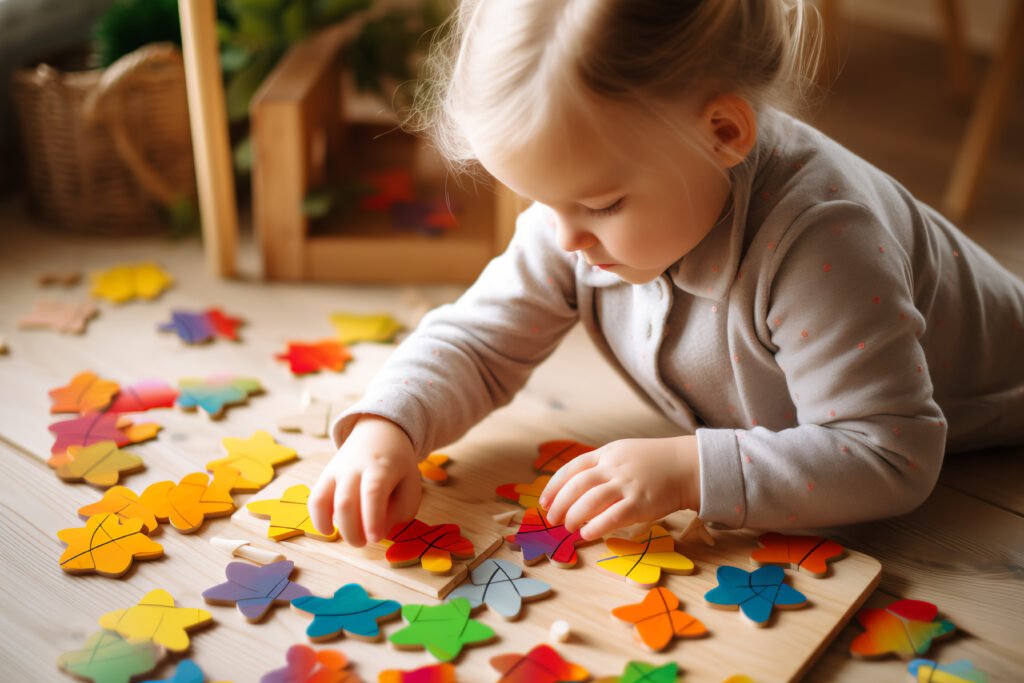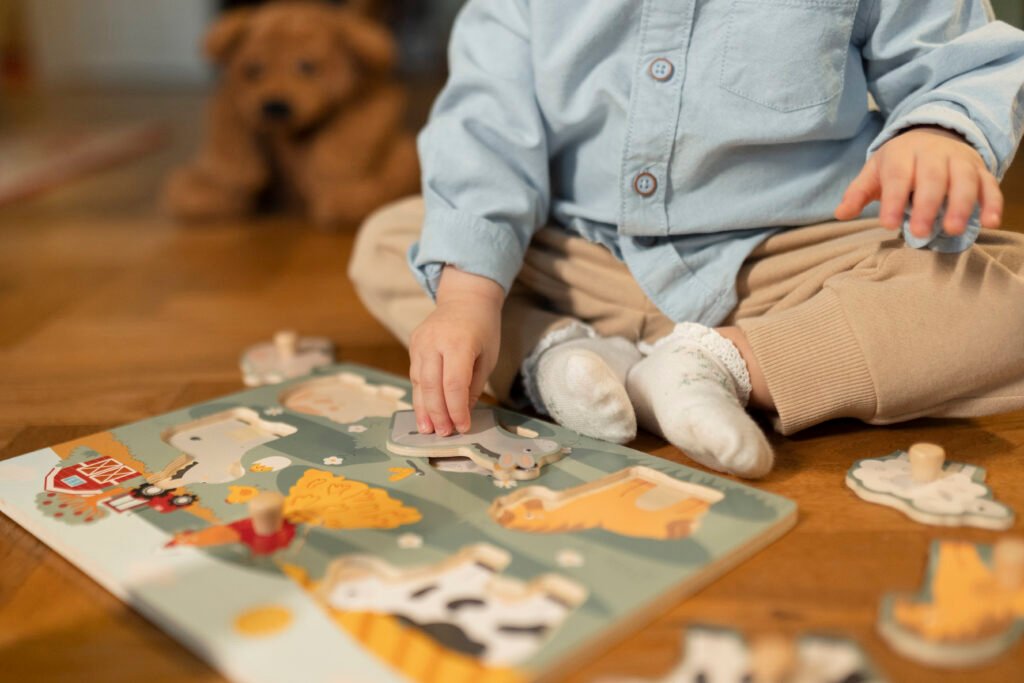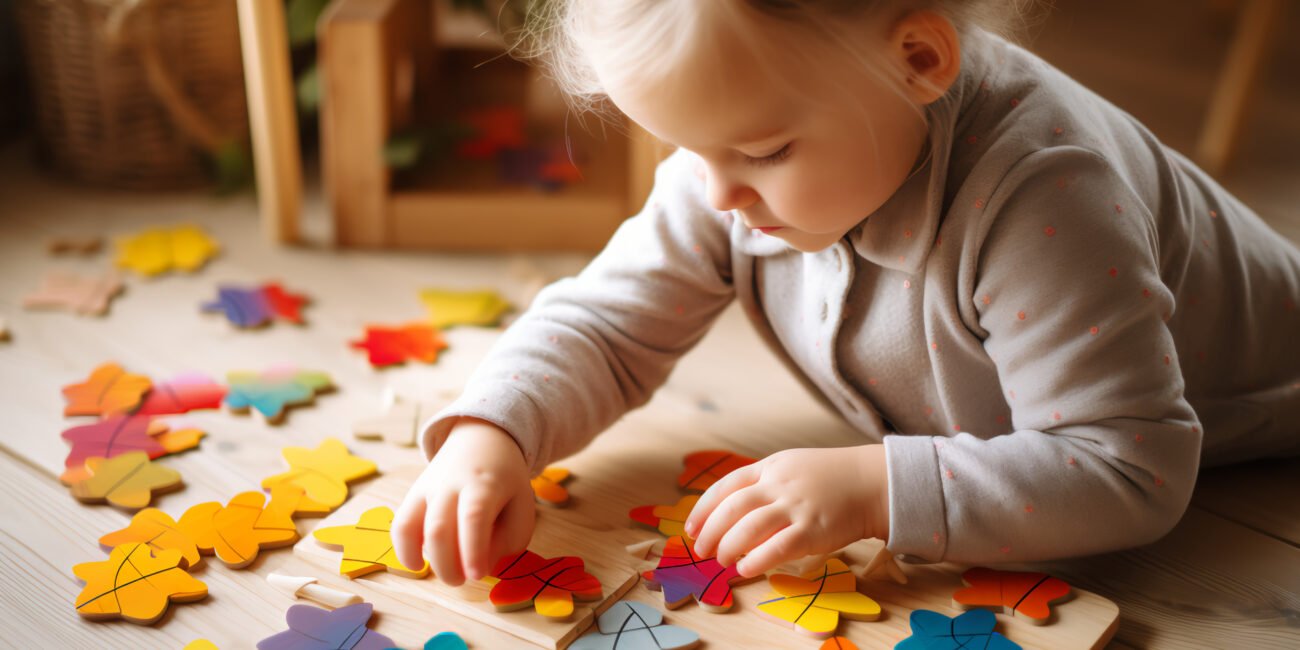Puzzles build early math skills, puzzle playtime provides children with enriching learning experiences that establish critical foundations for math achievement. Although puzzles are fun, they exercise key cognitive abilities connected to success in math down the road.
Spatial Skills
Assembling jigsaw puzzles requires visual-spatial thinking to analyze shapes and how pieces fit together. Rotating and maneuvering pieces to make them align boosts spatial reasoning. Studies show spatial skills correlate strongly with higher math performance.
Logical Thinking
The process of completing a puzzle involves several steps that promote logical thinking: visualizing the final image, strategizing where pieces go, trying different options, and modifying approaches through analysis. These teach the reasoning skills used in mathematical problem-solving.
Counting and Patterns
Counting pieces, sorting by attributes like color or shape, and recognizing embedded numbers and symbols helps develop one-to-one correspondence between quantity and symbol. Seeing patterns in the puzzle builds early pattern recognition.

Language Development
When kids collaborate on puzzles together, they build math vocabulary by discussing shapes, directions, positional terms, and quantity comparisons. Social puzzle play strengthens math language skills.
Persistence
Puzzles teach the value of persisting through difficulty rather than giving up when stumped. This tenacity and willingness to try again is essential in mastering math skills. Puzzles provide a growth mindset.
Conclusion
Puzzle playtime allows children to develop spatial reasoning, logical thinking, counting, patterning, math language, and perseverance. These cognitive capacities lay the groundwork for grasping more advanced mathematical concepts down the road.





No Comment! Be the first one.